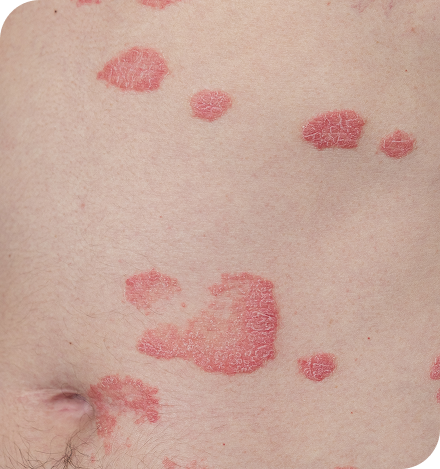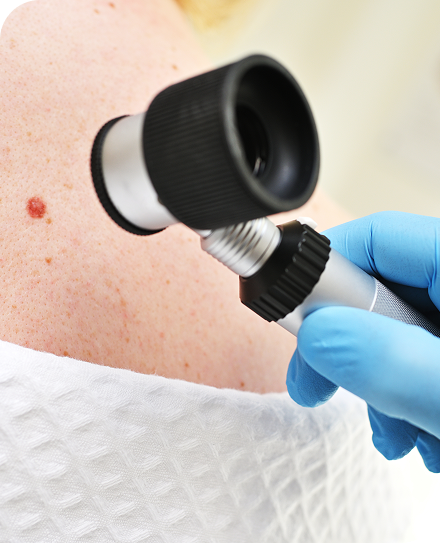Learn about Shingles and book an appointment with an Easy Pharmacy online pharmacist to get further consultation on treatments and prescriptions.
Learn about Shingles and book an appointment with an Easy Pharmacy online pharmacist to get further consultation on treatments and prescriptions.
Shingles is a painful viral infection caused by the varicella-zoster virus (VZV), the same virus responsible for chickenpox. After a person has had chickenpox, the virus stays dormant in the nerve tissues and can reactivate years or even decades later, leading to shingles. While anyone who has had chickenpox can develop shingles, it is more common in adults over the age of 50, as the immune system weakens with age, increasing the risk of the virus reactivating.


Shingles occurs when the dormant varicella-zoster virus (VZV) reactivates in the body. Once reactivated, the virus travels along nerve pathways to the skin, leading to the characteristic rash and other symptoms.
Not everyone who has had chickenpox will develop shingles. The exact reasons for reactivation are not fully understood, but common triggers include:
Weakened immune system – A compromised immune system increases the risk.
Stress – Chronic stress can weaken the body’s defenses.
Aging – The immune system naturally weakens with age.
Certain medications and treatments – Drugs like Adalimumab, chemotherapy, and JAK inhibitors can suppress immunity.
Underlying medical conditions – Diseases such as HIV/AIDS can lower immune function, making reactivation more likely.


Shingles symptoms can vary, but the most common include:
There is no cure for shingles, but treatment can help manage symptoms, speed up recovery, and prevent complications. Starting treatment within 3 days of the rash’s appearance is important.
In addition to taking medications, it’s important to keep the rash clean and dry, get plenty of rest, and stay hydrated to support your immune response.
Typical treatments include:

Easy Pharmacy provides advice and NHS-funded treatment for shingles. Book an appointment today for a consultation and more information about treatment options.
Everything You Need to Know About Shingles.
Shingles is a painful rash caused by the same virus that causes chickenpox. It can appear on one side of the body and may cause itching, burning, or tingling.
Shingles happens when the chickenpox virus (varicella-zoster virus), which stays in your body after chickenpox, becomes active again later in life.
You can’t catch shingles from someone else, but the virus can spread to people who haven’t had chickenpox, causing them to get chickenpox instead.
Doctors may prescribe antiviral medicines to help the rash heal faster. Pain relievers and soothing creams can also help with discomfort.
See a doctor as soon as possible if you think you have shingles. Early treatment can reduce pain and prevent complications.

EasyPharmacy provides advice & NHS-funded treatment for Shingles (Herpes Zoster).

9011078
5326877
2050606
© 2026| Easy Pharmacy | Curated by TOPKLICKZ
Superintendent pharmacy: Dilip Modhvadia 2050606